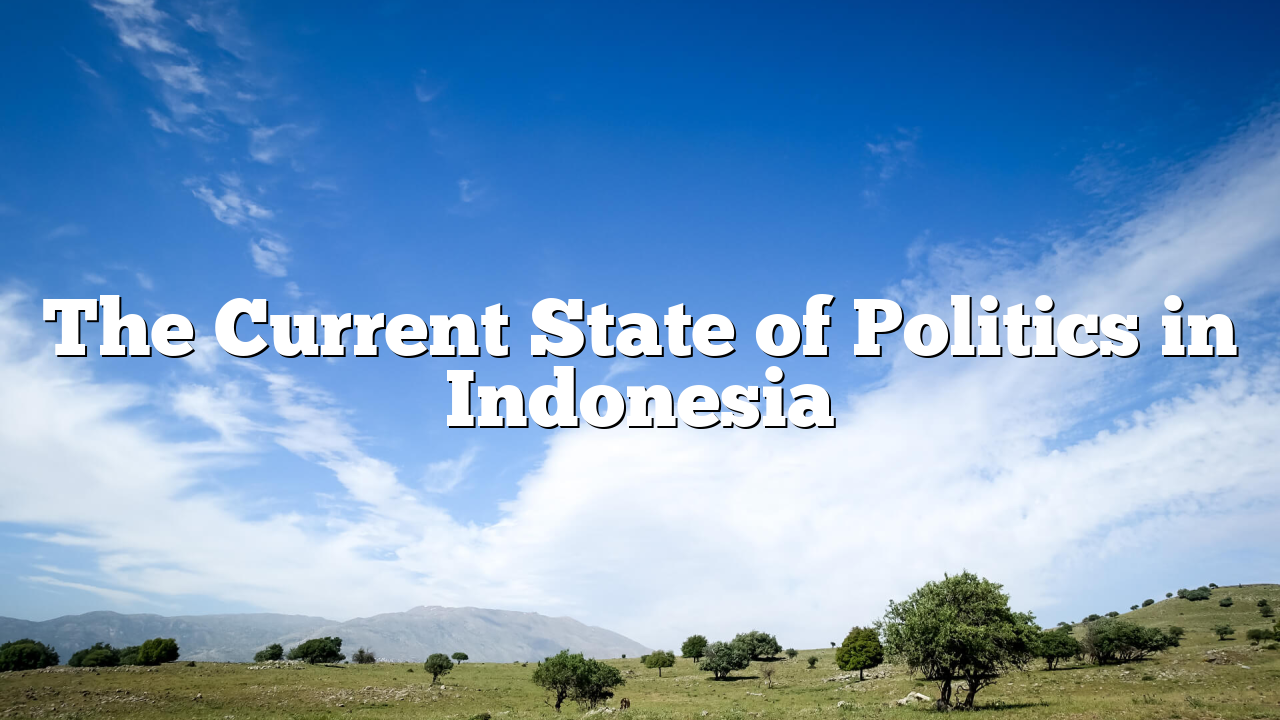Indonesia’s political climate in 2025 reflects a nation in transition, balancing democratic maturity with the challenges of governance. After more than two decades of democratic consolidation since the fall of Suharto, the country continues to strengthen its institutions while addressing ongoing issues of corruption, inequality, and political polarization. The recent transfer of leadership following maritim4d the 2024 elections has brought both optimism and uncertainty as Indonesians look to their new government for direction.
One defining characteristic of Indonesian politics today is the enduring influence of coalition-building. With a multiparty system where no single party dominates, alliances between political groups shape the government’s agenda. While these coalitions encourage inclusivity, they also present difficulties. Policy compromises often weaken reform initiatives, and critics argue that power-sharing sometimes benefits political elites more than ordinary citizens. As a result, the effectiveness of governance is closely tied to the stability of these fragile alliances.
Another pressing concern is the health of democracy itself. Elections in Indonesia remain generally free and fair, but disinformation campaigns, identity-based politics, and growing polarization have raised concerns about the resilience of democratic practices. Civil society organizations frequently warn against the erosion of checks and balances, especially as political elites consolidate influence in both parliament and regional administrations. Ensuring that democracy remains robust requires stronger protections for press freedom, civil liberties, and independent oversight institutions.
Corruption is another long-standing challenge. The Corruption Eradication Commission (KPK), once hailed as one of Indonesia’s most effective institutions, has faced significant setbacks due to legislative changes that reduced its powers. Many citizens now worry about declining accountability and transparency in government affairs. Revitalizing anti-corruption efforts will be essential for building public trust and ensuring that policies serve national interests rather than narrow political gains.
Beyond domestic issues, Indonesia’s political leadership is also navigating an increasingly complex international environment. As the largest economy in Southeast Asia and a member of the G20, Indonesia plays a key role in regional and global affairs. The government continues to pursue a foreign policy of neutrality and balance, seeking to strengthen ties with both Western powers and Asian neighbors while promoting stability in the Indo-Pacific. Issues such as climate change, trade, and maritime security remain central to Indonesia’s international strategy.
Economically, the political leadership faces the challenge of sustaining growth amid global uncertainty. Infrastructure development, industrial expansion, and digital transformation remain top priorities, building on the foundation laid during the Jokowi era. However, policymakers must also address rising inequality and ensure that development reaches marginalized communities, particularly in rural and eastern regions of the country.
In summary, Indonesian politics today is marked by a mixture of opportunity and difficulty. The nation’s democratic institutions have shown resilience, but they require ongoing protection from corruption, polarization, and political maneuvering. The government’s ability to deliver inclusive development while safeguarding democratic freedoms will determine Indonesia’s political trajectory in the coming years. At this pivotal moment, the choices made by both leaders and citizens will shape not only the nation’s future but also its role as a model for democracy in Southeast Asia.
